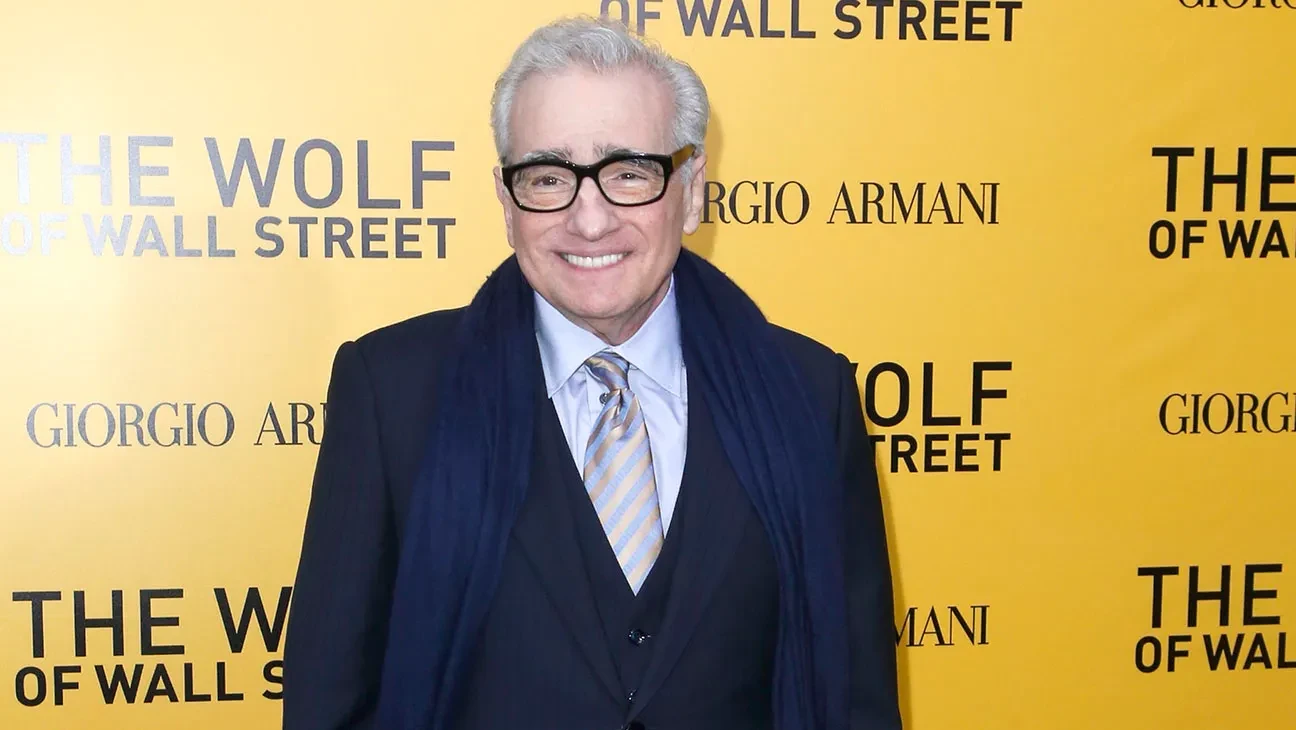Martin Scorsese, the legendary filmmaker known for classics like Taxi Driver, Goodfellas, and The Irishman, is one of the most revered filmmakers of all time, and his opinion on cinema carries a lot of weight. In recent years, he has been vocal about his belief that the current landscape of blockbuster films, dominated by superhero franchises and other big-budget genre films, is not true cinema.

Scorsese believes that many of the blockbuster films of today lack essential elements like personal expression, emotional resonance, and artistic integrity. He argues that they are too formulaic and predictable and that they are more interested in making money than in telling meaningful stories or connecting with audiences on an emotional level. But it seems like, despite making so much money with Barbie, Scorsese has become a fan of director Greta Gerwig because she made ‘True Cinema.’
What Greta Gerwig Said About Cinema?
At The Hollywood Reporter’s Director Roundtable a few years back, filmmakers Martin Scorsese, Todd Phillips, Greta Gerwig, Noah Baumbach, Fernando Meirelles, and Lulu Wang talked about cinema, more specifically ‘true cinema.’
Greta Gerwig was asked what is cinema. She said:
“When you sit in a movie theater and I’ve had the privilege of like but you know being a Film Festival jury which is in some ways the really pure way to watch movies. Because you have nothing. You have no context for what the thing it is you’re seeing and you don’t miss it from the first shot.”

“When there’s an author there and you know when it’s personal and you know it. You can feel it. You can feel it comes through every moment every shot and the actors and every piece of it and it just doesn’t miss you and I don’t know that I can explain it better than that but you just know it when you see it.”
And, there Scorsese commented: “That’s what has to be protected.”
The purpose of Greta Gerwig‘s movies is to provoke the audience to think of contemporary issues. The message that Gerwig’s movies deliver is getting responses from viewers. She is able to comprehend and communicate complex concepts in engaging but thought-provoking ways. And, Martin Scorsese is impressed by what she’s been doing, conveying with her cinema, in the truest sense.
Martin Scorsese’s Vision of True Cinema
Scorsese’s comments about true cinema have sparked a lively debate in the film industry. Some people agree with him, arguing that the blockbuster-dominated landscape of today is stifling creativity and innovation. Others disagree, arguing that there is room for all kinds of films and that blockbusters can be just as meaningful and artistically valid as other types of films.

In a 2019 interview with Empire magazine (Via Indiewire), Martin Scorsese said that he believes that superhero movies are “not cinema.” He said that Marvel films are “like theme parks” and that they don’t “convey emotional, psychological experiences to another human being.”
In a recent interview with GQ, the legendary filmmaker urged filmmakers to “fight back” against this trend by creating original and innovative content. He specifically cited directors like the Safdie brothers and Christopher Nolan as examples of filmmakers who are pushing the boundaries of cinema.
Source: Director’s Roundtable, Empire Magazine (Via Indiewire), GQ


